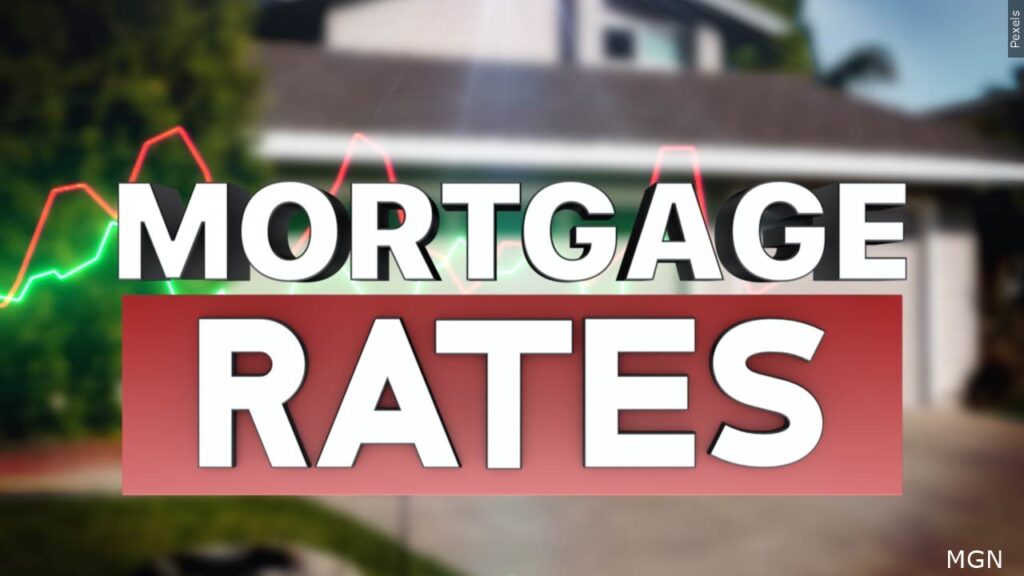Planning for retirement can feel overwhelming. The good news is, you don’t have to navigate this complex process alone. Finding the right retirement advisor is key to securing your financial future. But with so many options, how do you find a qualified advisor near you? This guide will help you find the perfect fit.
Understanding Your Retirement Needs
Before searching for an advisor, take some time to understand your specific retirement goals. What kind of lifestyle do you envision? How much income will you need? Understanding your personal circumstances will allow you to find an advisor who understands your unique needs. Consider using online retirement calculators like this one to get a better sense of your financial needs.
Searching for Local Advisors
Start by searching online for “retirement advisor near me.” You can also use professional directories to find advisors in your area. Check out resources like the National Association of Personal Financial Advisors or the Financial Planning Association. Remember to read reviews and check certifications before contacting anyone. 
What to Look for in a Retirement Advisor
A great advisor will be more than just a number cruncher; they’ll be a trusted partner guiding you toward your goals. Look for someone with experience, relevant certifications (like a CFP® or ChFC®), and a strong understanding of your investment preferences and risk tolerance. A good advisor should be transparent in their fee structure. Learn more about choosing the right advisor here.
The Importance of Fiduciary Duty
When selecting an advisor, it’s crucial to understand the concept of fiduciary duty. A fiduciary advisor is legally bound to act in your best interest, putting your needs before their own. This is a critical distinction and a crucial element to consider. [IMAGE_2_HERE]
Interviewing Potential Advisors
Once you’ve narrowed down your options, schedule interviews with a few potential advisors. Prepare a list of questions beforehand. Inquire about their experience, fees, investment strategies, and their approach to retirement planning. Don’t hesitate to ask for references. See our sample interview questions.
Understanding Fees and Services
Retirement advisors utilize different fee structures. Some charge hourly rates, while others charge a percentage of assets under management. Make sure you understand exactly how you’ll be charged. Transparency in fees is a sign of a reputable advisor.
Building a Long-Term Relationship
Retirement planning is a long-term commitment, so establishing a trusting and effective relationship with your advisor is critical. Regular communication, review meetings, and ongoing adjustments to your plan as needed, are all vital parts of a successful partnership. [IMAGE_3_HERE]
Conclusion
Finding the right retirement advisor can significantly impact your financial security. By carefully considering your needs, researching potential advisors, and asking the right questions, you can confidently navigate this important step in planning for your future. Remember, your retirement is a significant investment – don’t hesitate to invest the time needed to make the right choice.
Frequently Asked Questions
What qualifications should I look for in a retirement advisor? Look for certifications such as CFP®, ChFC®, or similar designations. Experience and a strong understanding of fiduciary duty are also critical.
How much should I expect to pay a retirement advisor? Fees vary widely depending on the services offered and the advisor’s fee structure. Some charge hourly, others a percentage of assets under management.
How often should I meet with my retirement advisor? The frequency of meetings depends on your specific needs and the complexity of your plan. At a minimum, annual reviews are recommended. Read more about ongoing maintenance.
What if I need to adjust my retirement plan? A good advisor will work with you to make necessary adjustments to your plan based on life changes, market fluctuations, and your evolving goals.
How do I know if my advisor is acting in my best interest? Look for evidence of fiduciary duty, transparency in fees, and a focus on your long-term financial well-being. If something feels off, get a second opinion.



